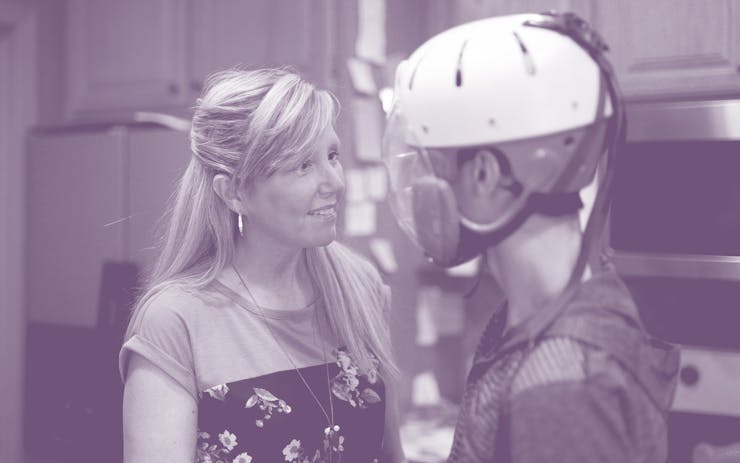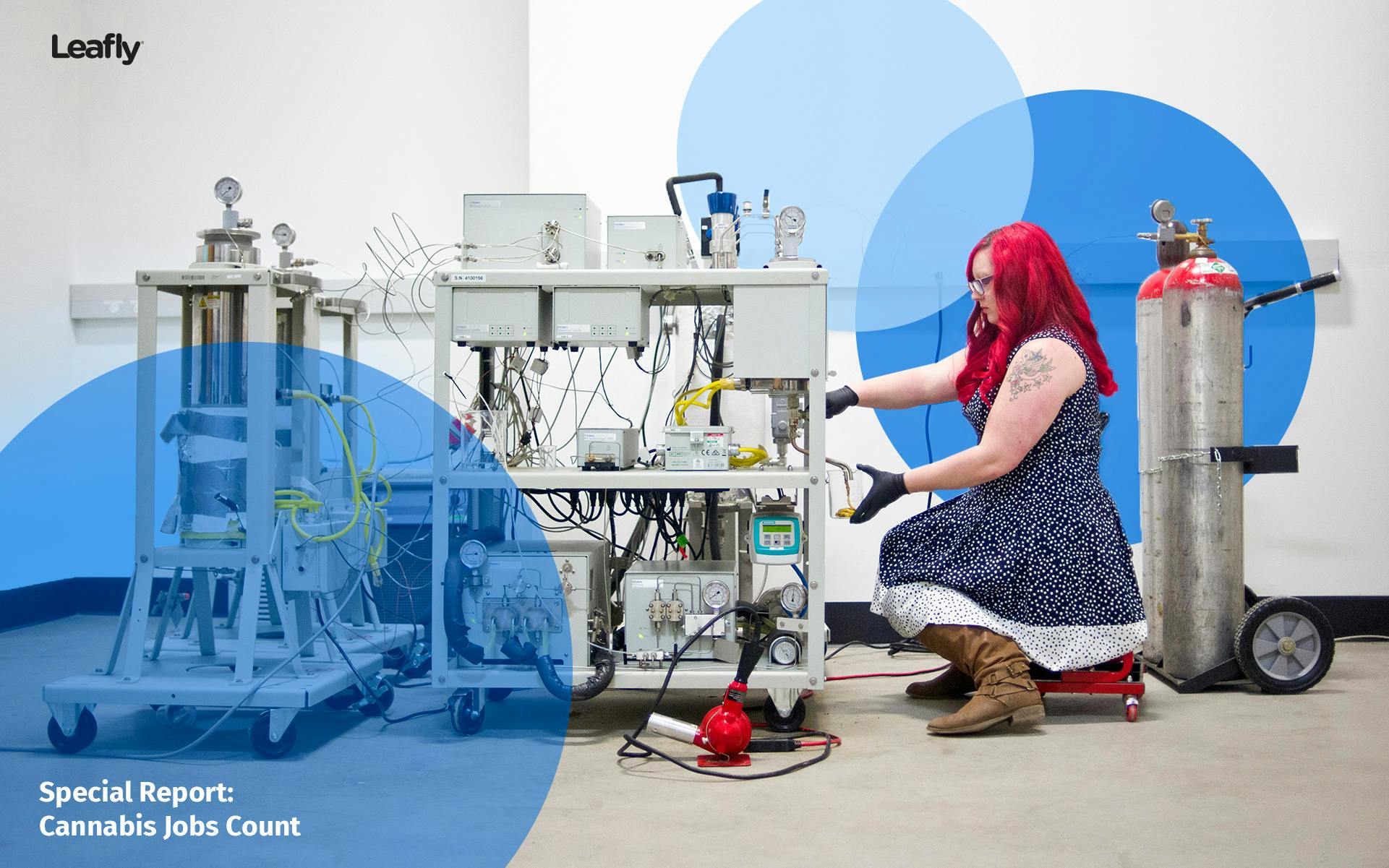LINCOLN, Neb. (AP) — Year after year, Nebraska’s conservative lawmakers have rejected measures calling for limited and highly regulated medical marijuana.
They’re poised to do it again, but their decision this year could have the unintended consequence of ushering in one of the most unrestricted medical marijuana laws in the country.
If so, Nebraska will join a growing number of conservative states with unusually easy marijuana access, all because red-state lawmakers refuse to touch the issue and thereby make way for ballot initiatives.
Last year, Oklahoma became a vivid example. Billboards there now display a smiling white-coated doctor offering same-day service for marijuana prescriptions. Idaho, Wyoming, and Mississippi may face marijuana ballot initiatives soon after legislators rejected medical marijuana with tight controls.
Meanwhile, 18 other states, including more liberal Illinois, New York and Vermont, have legislated restrictions that make legal marijuana harder to get.
“It’s a head-scratcher,” said Bryan Boganowski, founder of the pro-marijuana group NORML in Omaha, about the Nebraska Legislature’s position. “I have no idea what’s going on down in Lincoln.”
Since 2010, legislators have rejected medical marijuana bills three times, even measures that allowed only low levels of the drug’s active ingredient and restricted it to creams and oils with a ban on smoking. They refused to approve programs as neighboring states took action, ranging from legalizing recreational marijuana in Colorado to approving highly limited access in Iowa.
Nebraska advocates tried again this year, but with a threat: Lawmakers could approve a bill that requires people to get a state-issued registry card, limits the potency of marijuana, allows its use only for certain medical conditions and lets patients have no more than 8 ounces of the drug in their home, or supporters would place a measure with almost no restrictions on the ballot.
From the experience in other states, there is general agreement that Nebraska voters would approve such a ballot measure. The ballot measure that passed overwhelmingly in Oklahoma allows any doctor to prescribe marijuana for any health complaint.
Nebraska state Sen. Anna Wishart, who sponsored the legislative bill, said she’s trying to find a compromise with skeptical lawmakers but gives her measure less than a 30 percent chance of passing.
Shop highly rated dispensaries near you
Showing you dispensaries nearOpponents, including Republican Gov. Pete Ricketts, say they want nothing to do with marijuana, even if the result is dispensaries opening everywhere selling to anyone claiming a minor ailment.
“It’s not my job to make a decision that I think compromises public safety in the state just because of the threat of a ballot initiative,” said state Sen. Matt Williams, a leading opponent of the bill.
Williams said he was willing to legalize cannabidiol, or CBD, a chemical compound in marijuana, but not parts of the plant that cause users to get high. But he said Wishart and legalization advocates are “completely unwilling to discuss that.”
Wishart said some patients need the whole plant because the oil alone doesn’t help their medical condition.
Another opponent, state Sen. Curt Friesen, said he’s uncomfortable legalizing a drug that the U.S. Food and Drug Administration hasn’t approved.
“We’re not qualified to do that,” Friesen said. “If the people want to vote to bring in medical marijuana or recreational marijuana, then we’ll deal with that.”
The draft Nebraska ballot measure would guarantee a constitutional right to use and grow marijuana if a doctor recommends it with no restrictions on what diseases qualify. It would only ban smoking the drug in public places. If voters approve it in the 2020 general election, patients would be free to grow an “adequate” supply.
Lawmakers could still try to impose some restrictions after the vote, but such an effort in Oklahoma was dropped after protests from supporters.
Shelley Gillen, whose 17-year-old son, Will, suffers from debilitating seizures, said she’s hoping for some resolution soon. “In the long run, having it go to the ballot would probably be more beneficial to more people who are ill,” she said.
Marijuana-related ballot measures could appear in as many as nine states in the 2020 election, according to the Marijuana Policy Project, a Washington-based group that helped lead successful campaigns in Maine, Massachusetts, Michigan, Nevada and Utah. Medical marijuana is already legal in some form in 34 states and the District of Columbia. Ten states and the District have legalized recreational use.
In Montana, the prospect of a ballot drive has prompted lawmakers to call for a formal study into the impact of legalizing the drug for recreational use.
Matthew Schweich, deputy director of the Marijuana Policy Project, said his group would rather have state legislatures take action so that costly ballot campaigns could be avoided.
“We’re not in the business of forcing policies on electorates that don’t want them,” he said. “Our purpose is to step in when voters are being ignored.”









